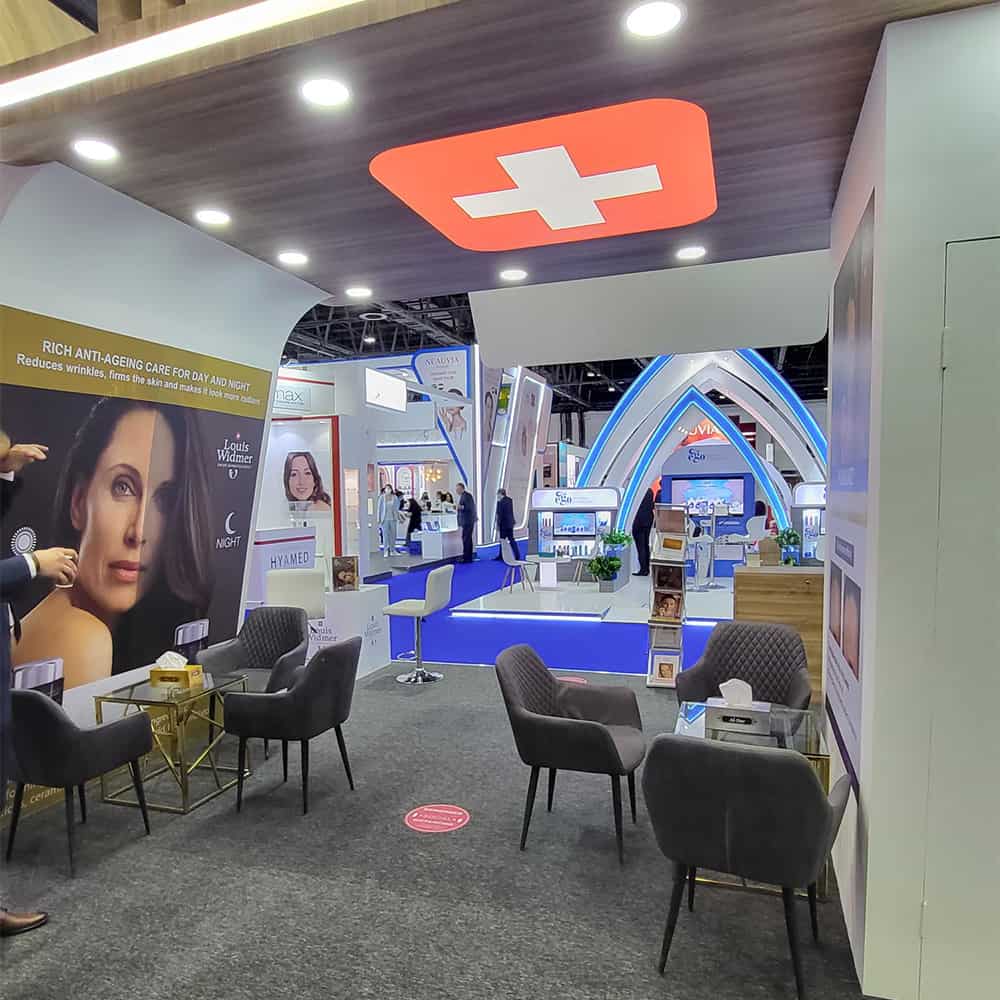Artificial intelligence (AI) and augmented reality (AR) are powering a new wave of experimental virtual approaches and diagnostics in aesthetic technology. The remote cosmetic trial solution and AI skin diagnostics are just two examples of cutting-edge beauty technology solutions that international brands invest extensively in developing.
Using augmented reality and AI, users can virtually test out products; with a click and get tailored suggestions. During the pandemic and subsequent store closures, major cosmetics businesses also increasingly offered virtual makeup looks.
The latest data from InsightAce Analytic shows that the global market for AI in beauty and cosmetics is expected to grow from its 2021 value of US$ 2.7 billion to a whopping US$ 13.34 billion by 2030, a healthy CAGR of 19.7 percent.
GCC countries, mainly UAE, have a lot to offer in this industry with the government’s adoption of developed regulations and the country’s innovative trends that attract international brands. So, how does technology simultaneously benefit cosmetics and skin care products and customers?
Cosmo-tology
Primarily, beauty brands use AI to collect consumer preferences and buying data to deliver customized products. At the same time, AR is used in cosmo-tology to assist customers in choosing makeup hues.
On the other hand, beauty businesses are offering unique techniques to make makeup application easier. For example, e-makeup is a new trend influenced by social media filters. E-makeup artists create extravagant makeup styles that can be downloaded. In addition, e-makeup can be used for Instagram and Snapchat selfies.
Skincare Technology
Skincare technology measures a user’s skin condition using software algorithms. AI simplifies skin analysis. After enabling their camera, users will obtain an evaluation of oiliness, wrinkles, spots, wetness, and more. At the same time, a more advanced AI algorithm can simulate skin to help people envision their skincare routine.
AI helps people check their skin every morning. Current skincare technology assesses the individual’s skin state; then, the AI recommends goods to cure the unique difficulties detected, empowering consumers to select the perfect skincare regimen and maximize their purchases.
Furthermore, AI can assist skincare brands in providing online tailored suggestions and purchasing experiences. With AI, skincare firms can easily integrate virtual skin diagnostic tools that give clients insights into their skin health, specific product needs, and after-product skin state.
This digitized and tailored experience boosts consumer confidence since they know the advised products will work. In addition, AI-powered virtual skin analysis solutions can enhance digital, and website engagement for marketers, as consumers can watch their skin’s growth and improvement with a product regimen.
Ingredients’ Discovery
There are several ways in which modern technology is facilitating the reinvention of traditional components, from improved processing methods that confer additional advantages to in silico modeling that removes some of the trial-and-error from the discovery process.
Using AI with genetics will help researchers find novel, specific bioactive peptides in the wild.
AI can act as a “peptide finder,” rapidly predicting which of the billions of existing peptides have human-use potential; in this way, it is possible to set and release the available peptides’ full potential and verify that the forecasts are accurate.
We must not forget that cosmetics and skincare companies are looking for sustainable solutions and green products, not only for environmental purposes but to develop organic and natural products; technology is the primary accelerator in this concept.








